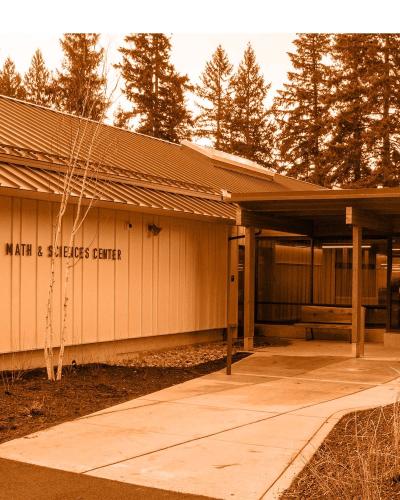Outdoor Education
*Also completes a PE elective
Note: There will be additional costs to cover equipment rental, food, and the use of off-site facilities.
The Outdoor Education course allows students to immerse themselves in various outdoor activities, promoting personal growth, teamwork, and a deeper connection with nature. Through a blend of hands-on experiences, theoretical learning, and practical skills development, students will explore the joys and challenges inherent in outdoor adventure. Over the duration of the course, students will examine the historical and societal significance of outdoor activities, alongside their environmental impact, while also gaining insight into the benefits of outdoor recreation for individuals and communities.
Students will acquire skills such as hiking, camping, paddling, and wilderness first aid. A standout feature of the course is the opportunity for students aged 16 and older to attain a NOLS Wilderness First Aid (WFA) certification, valid for two years. This certification enhances students' resumes in various work opportunities and equips them with tools for managing emergencies in wilderness settings.
The course requires weekend activities, including four day-trips for hiking and paddling, and a backpacking trip scheduled from October 9th to 12th, 2024, and an additional 16-hour NOLS Wilderness First Aid certification session on December 7th and 8th, 2024.
Learning Outcomes:
1. Develop Outdoor Skills: Students will acquire fundamental outdoor skills, including navigation, trip planning, outdoor cooking, and wilderness first aid.
2. Promote Physical Fitness: Engaging in outdoor pursuits will enhance students' physical fitness, endurance, and overall well-being, fostering a healthier lifestyle.
3. Foster Environmental Awareness: Students will gain an understanding of environmental principles, conservation ethics, and the impact of human activities on natural ecosystems, fostering a sense of responsibility toward the environment.
4. Enhance Teamwork and Leadership: Participation in group-based outdoor activities will cultivate teamwork, communication, and leadership skills as students collaborate to solve challenges, make decisions, and support one another in achieving common goals.
5. Cultivate Personal Growth: Stepping out of their comfort zones, overcoming obstacles, and developing resilience, self-confidence, and a sense of accomplishment through outdoor experiences will facilitate personal growth among students.
6. Promote Risk Management: Students will learn to assess risks and make informed decisions in outdoor environments, developing critical thinking and decision-making skills applicable to various life situations.


